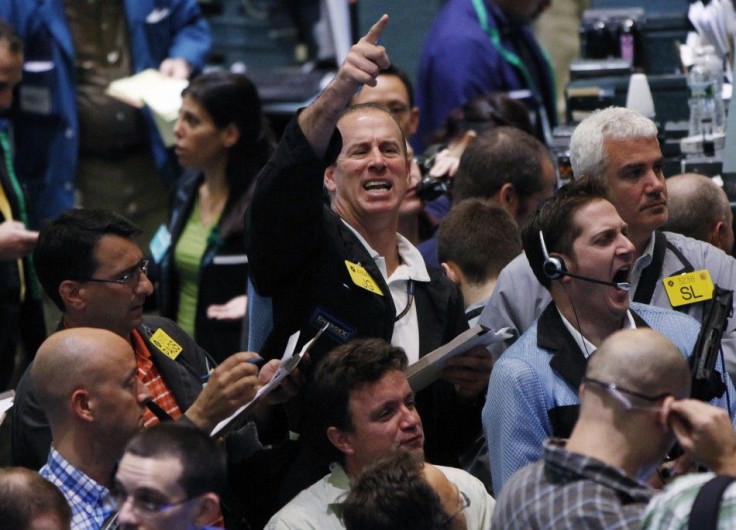Oil Prices Hover Near $101 Amid Middle East Concerns

Oil prices have risen to above $101 a barrel as concern increases that tensions in the Middle East could impact global supply.
On Tuesday, the prices of oil jumped more than $1 when Iran threatened to cut off the vital shipping route the Strait of Hormuz. On Wednesday, U.S. crude dropped slightly to 57 cents at $100.77 while Brent crude fell 92 cents to $108.35 a barrel yet prices remain up five percent since mid-December over tensions in the Middle East.
Talk of closing the Strait of Hormuz is generally seen as an empty threat from Iran. The U.S. State Department said it saw an element of bluster in the threat. Yet it has been made before and since nearly one-third of all tanker traffic passes through the Strait of Hormuz the concern lingers. Most, however, don't seem to think Iran could or would pull it off, for long anyway.
The threat by Iran to close the Strait of Hormuz supported the oil market yesterday, but the effect is fading today as it will probably be empty threats as they cannot stop the flow for a longer period due to the amount of U.S. hardware in the area, said Thorbjoern bak Jensen, an oil analyst with Global Risk Management, in an interview with Reuters.
Most see oil prices remaining generally high for the time being, however, because of the tensions.
We doubt political posturing will turn into action, but oil remains above $100 regardless, energy consultant and trader The Schork Group said in a report.
Crude is also getting a bump due to more signs that the U.S. economy is slowly but surely improving. Consumer confidence is on the rise, while jobless claims are falling.
© Copyright IBTimes 2025. All rights reserved.




















